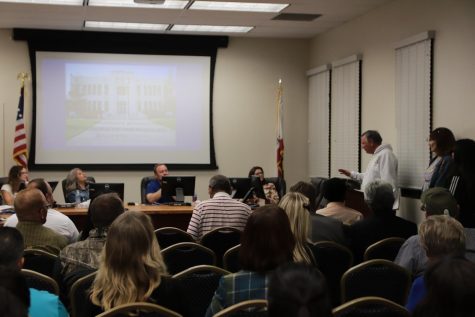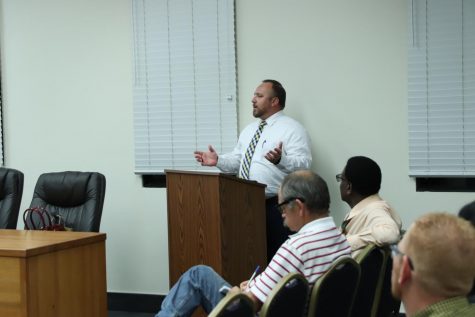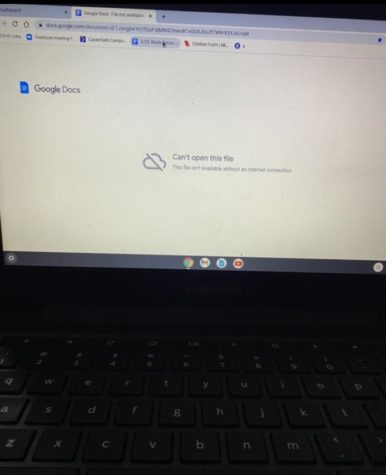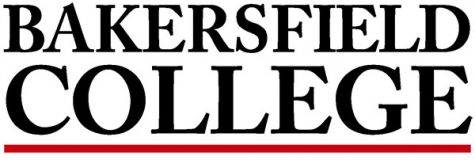Will tax money be well spent?

The board members Wendy Berry, Julie Ortlieb, and John Kopp discussing if dipping into reserves is right
The Golden Empire School Financing Authority or G.E.S.F.A is an organization for the joint powers of Kern High School District and Taft Union High School District. For the last thirty years, payments to G.E.S.F.A. and K.H.S.D fluctuated between one million and over ten million annually. That makes it difficult to budget and planning as well as saved expenses for unexpected surplus deficits. The agreement was renewed in 2016, furthering TUHSD’s obligation for another thirty years.
In June of 2019, TUHSD and G.E.S.F.A. agreed to a settlement to make expenses more predictable. The settlement ties future G.E.S.F.A. payment to the Average Daily Attendance (ADA), and this is the same system used to drive revenues.
“This means that when revenues are down because of attendance, related to G.E.S.F.A payments would decline as well.” Josh Bryant describes how attendance is important and affects departments students usually don’t see.

Josh Bryant explaining the G.E.S.F.A. and the effects attendance has on school funding.
In turn, this would mean long-term savings for TUHSD.
“After analysis of reserves and resources, with maximizing long-term resources and flexibility in mind, staff recommends pursuing the lump-sum buyout option. We can afford is and we have the cash in reserves to facilitate it.” Josh Bryant continues on if it would be safe for the school to tap into reserves for the settlement.
The reserves, as previously mentioned are the retirement funds and benefits for retirees. Not every staff member receives retirement funding from the school–mainly new teachers and those who haven’t worked at TUHS for a certain amount of time. So, some retirees who worked for TUHS for a long time received lifetime benefits or have some form of benefits until qualifying for Medicare.
The settlement will dig into those savings (as well as the CapEx fund held at the County Treasury and in outside investments) and use them for the settlement. To generalize, if students don’t show up to school, excessively leave early, and if the school doesn’t have new students coming in; the settlement will go into reserves to make up for it even though the ADA would have been lower than expected, making the actual payment decrease.
“We want to make the most out of the hard-working taxpayer dollars,” said Josh Bryant.






